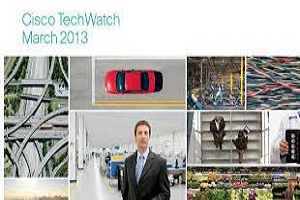March 13, 2013
London’s West End office market shifting boundaries
Shifting occupier dynamics, a limited supply pool, and a flurry of west to east relocations is redefining the boundaries of London’s West End office market. Sue Foxley, head of research, Cluttons, explained: “Corporate occupiers recognise the importance of securing high quality space within key markets in order to attract and retain the best possible staff, however, it is inevitable that the increasingly restricted supply pool is continuing to hamper relocation options. Businesses, regardless of sector, certainly are not looking for ‘budget’ rental options, but they are becoming increasingly aware that opportunities to secure quality space is scarce and not limited to prime areas.”










 Amidst all the controversy over flexible working raised by the infamous Yahoo homeworking ban comes US research revealing homeworking policies lead to happier employers and employees. 93 percent of employees surveyed by
Amidst all the controversy over flexible working raised by the infamous Yahoo homeworking ban comes US research revealing homeworking policies lead to happier employers and employees. 93 percent of employees surveyed by 












March 14, 2013
The UK’s five worst public art projects
by Mark Eltringham • Comment, Facilities management, Workplace design
(more…)